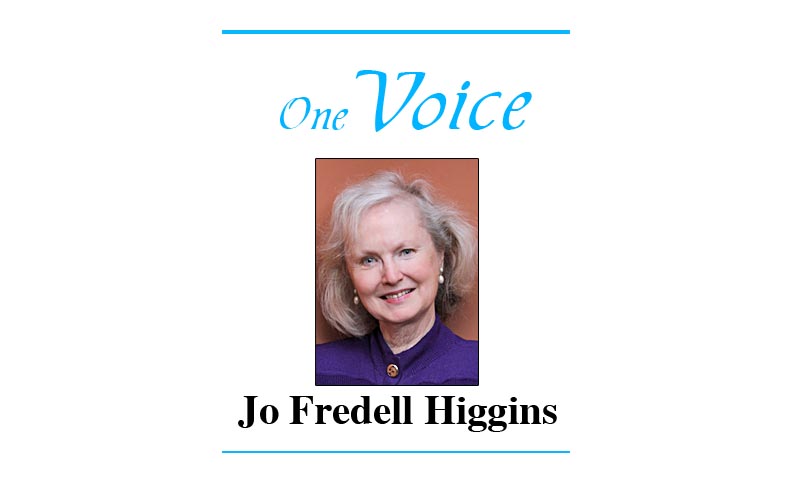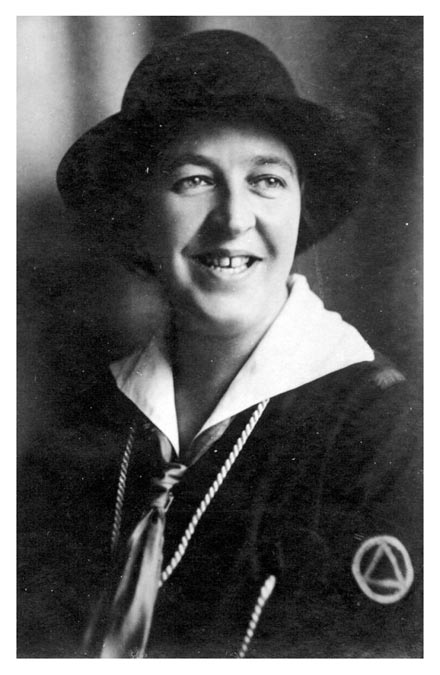
“When a train goes through a tunnel and it gets dark, you don’t throw away the ticket and jump off. You sit still and trust the engineer (God).” Corrie ten Boom

Cornelia Arnolda Johanna “Corrie” ten Boom was born April 15, 1892 in Haarlem, Netherlands. Her father, Casper, was a jeweler and watchmaker. Her father would be so engrossed in his watchmaking that sometimes he forgot to charge customers for his services. She was named after her mother, Cornelia.
Corrie trained to be a watchmaker and in 1922 she became the first woman to be licensed as a watchmaker in the Netherlands. Over the next decade, she established a youth club for teenage girls, provided religious instruction and classes in the performing arts, taught sewing and handicrafts. She and her family were Calvinist Christians in the Dutch Reformed Church.
Corrie and her family helped many Jewish people escape from the Nazis during the Holocaust of World War II by hiding them in their home. They offered shelter, food, and money, to those in need. In May 1940 the Germans had invaded the Netherlands. One of the first seeking help was a well-dressed woman with suitcase in hand. Could Corrie help her? Yes, she could, even though the police headquarters was only half a block away. Corrie told the woman “In this household, God’s people are always welcome.” It was at this point the family became very active in the Dutch underground, by hiding refugees and honoring the Jewish Sabbath.
An architect built a secret room adjacent to the room for the Jews who were in hiding and an alert buzzer would warn the refugees to move into the room as quickly as possible. This secret room was in Corrie’s bedroom behind a false wall and would hold six refugees. Wartime shortages meant that food was scarce. However, a civil servant she knew, asked her how many ration cards she needed and Corrie answered 100. He gave them to her and she provided cards to every Jew she met.
It was February 28, 1944 that a Dutch informant told the Nazis about the ten Boom’s work and that same day the entire ten Boom family was arrested. The six people hidden were undiscovered. Corrie received a letter one day in prison that said “All the watches in your cabinet are safe,” meaning that the refugees had managed to escape and were safe.
After the family was caught, her father died 10 days later. They were sent to Ravensbruck concentration camp. Her sister, Betsie, died in December 1944. Before she died she said, “There is no pit so deep that God is not deeper still.” Twelve days later, Corrie was released saying that her release was because of a clerical error and that a week later all the women in her age group were sent to the gas chambers.
Corrie returned home amid the “hunger winter” and still continued to open her door to those who needed help. She set up a rehabilitation center in Blomendaal that would house refuge survivors of the camps. She returned to Germany in 1946 and travelled the world as a public speaker appearing in more than 60 countries.
She received the Yad Vashem Remembrance Israel honor in 1967.The Queen of the Netherlands knighted her in recognition of her work during the war years. The ten Boom Museum in Haarlem is dedicated to her and her family. King’s College, New York City, named a new women’s house in her honor.
Her most famous book, The Hiding Place, is a biography that tells of her family’s efforts and how she shared hope in God while imprisoned.
Corrie passed this life while living in California April 15, 1983 at the age of 91.

